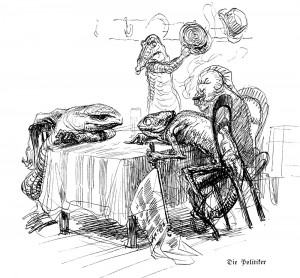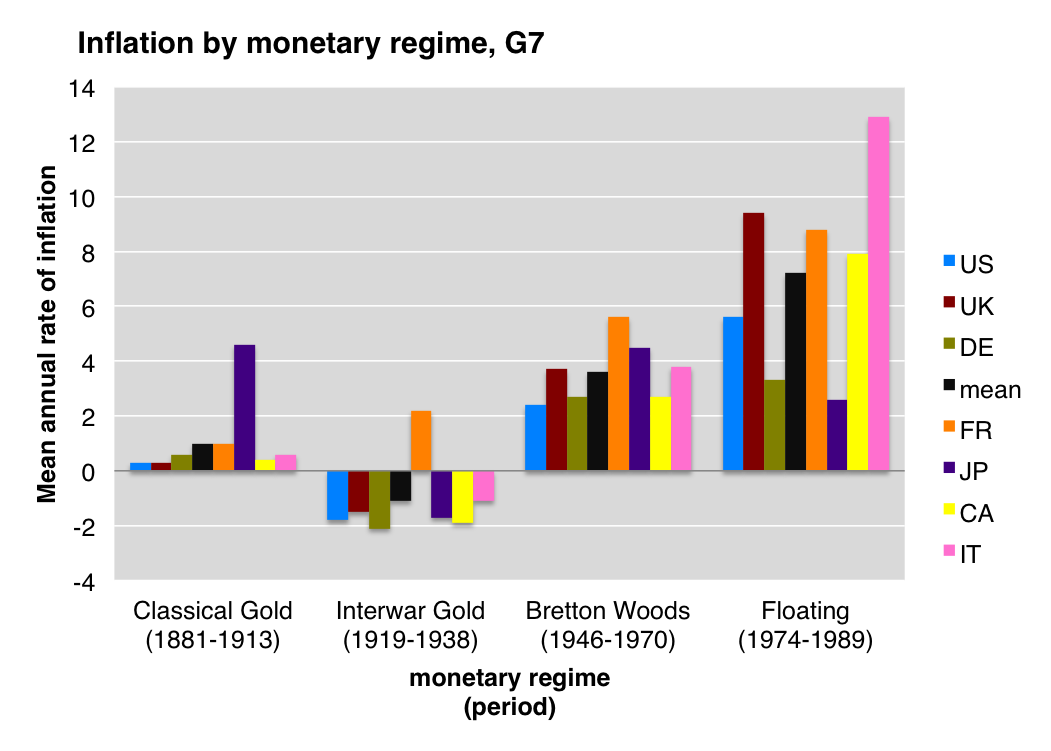Via “The Browser”:http://www.thebrowser.com a “rather wonderful unravelling”:http://www.the-tls.co.uk/tls/public/article1243205.ece of the various identities associated with independent scholar A.D. Harvey, who apparently leaves posers like John Lott spluttering in the dirt. The piece is long but worthwhile: at its best, it reads like a combination of A.J. Symon’s _Quest for Corvo_ and what _At-Swim-Two-Birds_ might have been if Flann O’Brien were a tenured professor of history:
bq. Even for holders of tenured university positions, scholarship can make for a lonely life. One spends years on a monograph and then waits a few more years for someone to write about it. How much lonelier the life of an independent scholar, who does not have regular contact, aggravating as that can sometimes be, with colleagues. Attacking one’s own book can be seen as an understandable response to an at times intolerable isolation. How comforting to construct a community of scholars who can analyse, supplement and occasionally even ruthlessly criticize each other’s work. I’ve traced the connections between A. D. Harvey, Stephanie Harvey, Graham Headley, Trevor McGovern, John Schellenberger, Leo Bellingham, Michael Lindsay and Ludovico Parra, but they may be part of a much wider circle of friends. … some of Harvey’s own mystifications leave an unpleasant taste. It is not only that the apparent practice of submitting articles under fictitious names to scholarly journals might well have a chilling effect on the ability of really existing independent scholars to place their work. Nor is it just the embarrassment caused to editors who might in an ideal world have taken more pains to check the contributions of Stephanie Harvey or Trevor McGovern, but who accepted them in good faith, partly out of a wish to make their publications as inclusive as possible.




